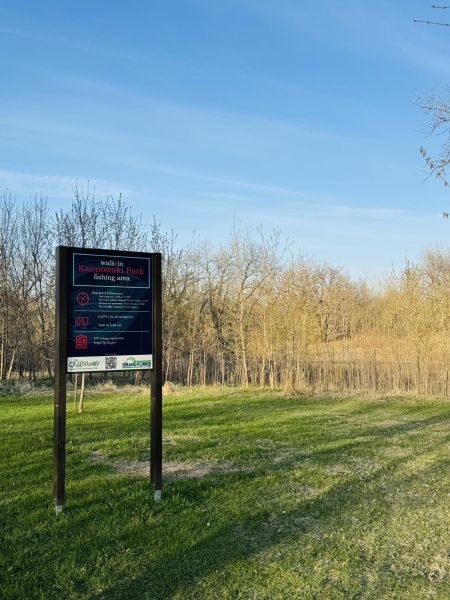Rethinking history
April 24, 1184 B.C., is the traditional date for the supposed fall of Troy in Homer’s “The Odyssey,” and also in real life maybe, but historians don’t all agree on that.
This reminded me how little we actually know about the past. Even within the last century, we know very little about what actually happened. Even when we have video or audio of an event, often it’s very inconsistent and hard to date.
German historian and publisher Heribert Illig proposed the Phantom Time hypothesis, which proposes the idea the years between 613 and 911 never happened, and that historical events from this period are wrongly dated, or did not occur at all. It also proposes that there has been a systematic effort to cover up this fact.
While this may seem to be just a wacky conspiracy, it presents an interesting idea: What if nothing that we commonly define as “history,” ever really happened?
We already know time is not a concrete principle. Traveling in space makes travelers observe time at a much slower rate than on earth. As does someone flying in an airplane who experiences jet lag.
Similarly, we know traveling at extreme speeds will make time pass by at a slower rate and will change how you perceive not only time, but the entire idea of the universe.
Given the lack of reliability in the common measurement that we use to tell us history, it’s not entirely out of the realm of possibility that our perception of the event and a presumption those years between 613 and 911 actually happened may have affected our results.
This idea, commonly known as the observer effect, is best illustrated by the common philosophical question, “If a tree falls, and no one is around to hear it, does it make a sound?”
You could argue it’s obvious it would make sound waves, however in order to prove this, we would need to observe it, and if we observe it then someone was around to hear it.
I don’t actually believe the years between 613 and 911 didn’t happen, but it’s an important reminder history is not as sure as we present it as.
When we think about history as a set of objective facts, we don’t do proper credit to those who are a part of history or those who work to understand it.
Alex Bertsch is the opinion editor for The Dakota Student. He can be reached at [email protected].











